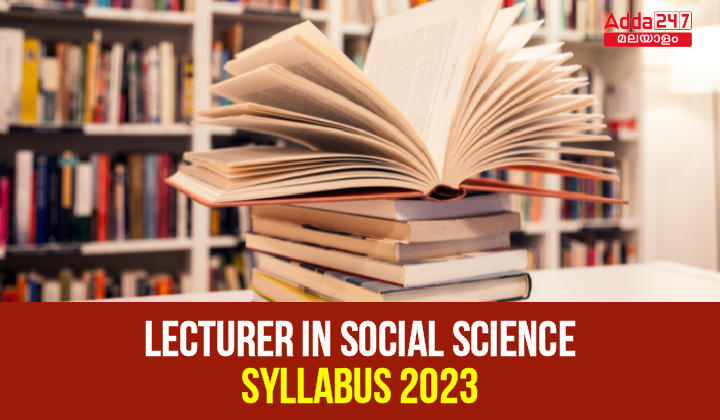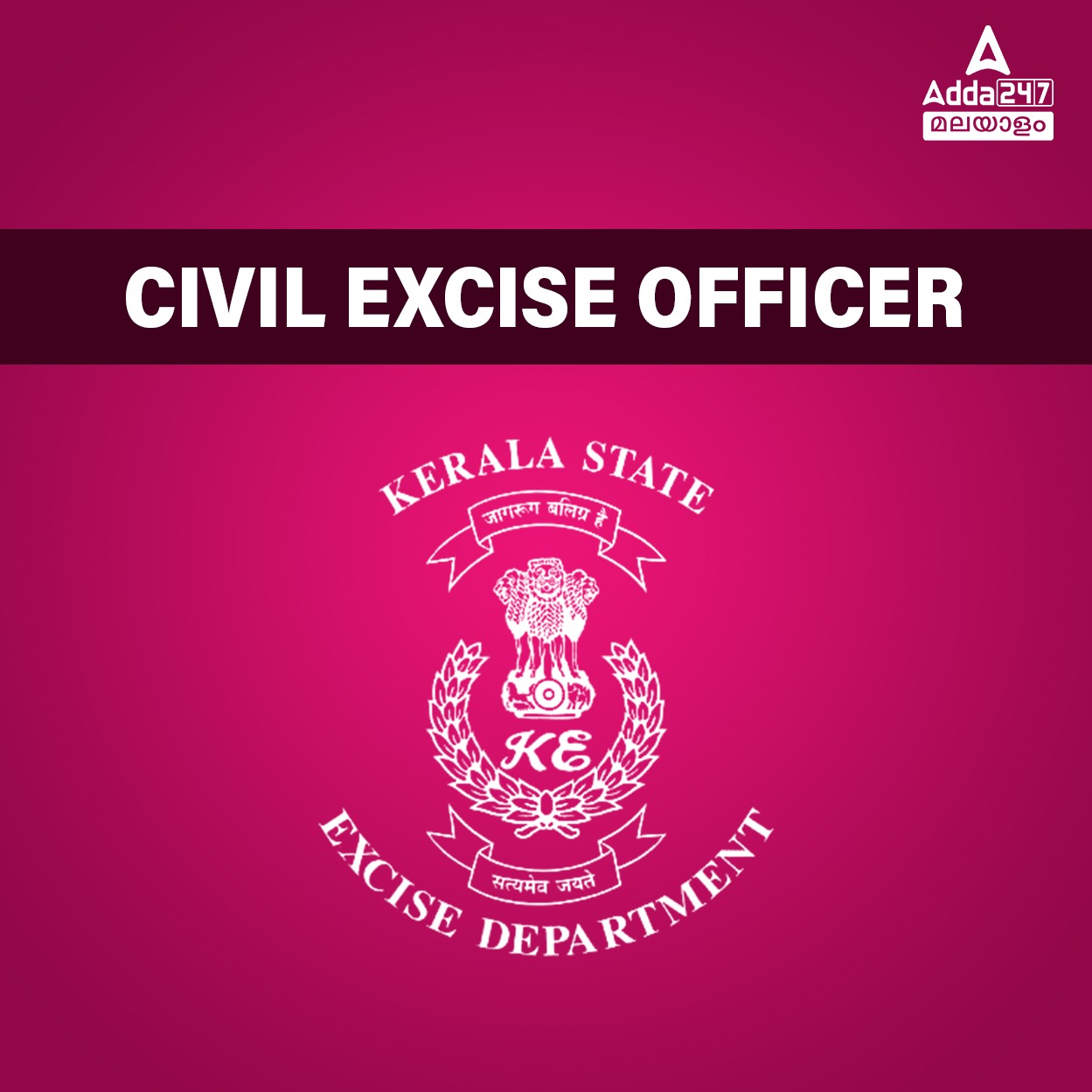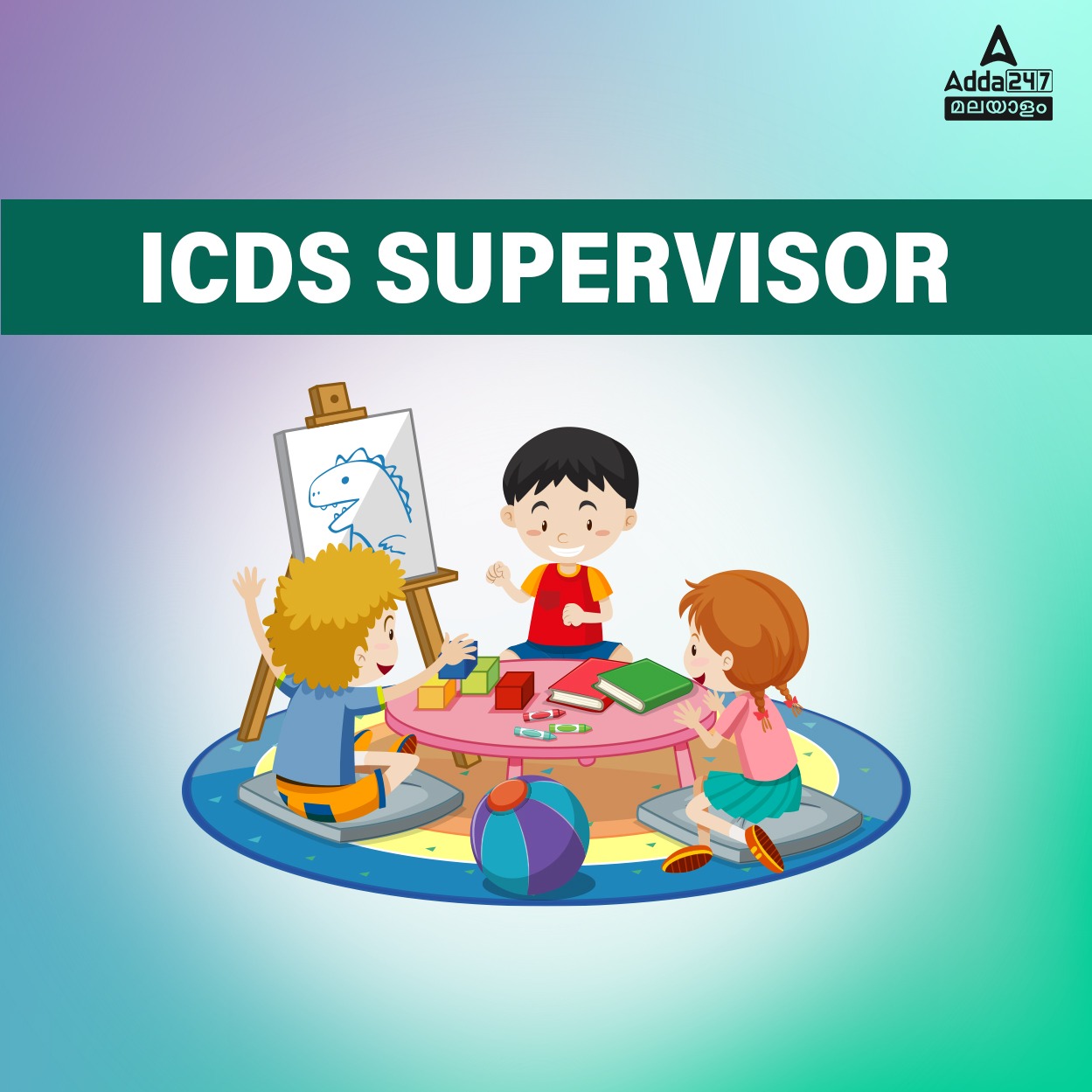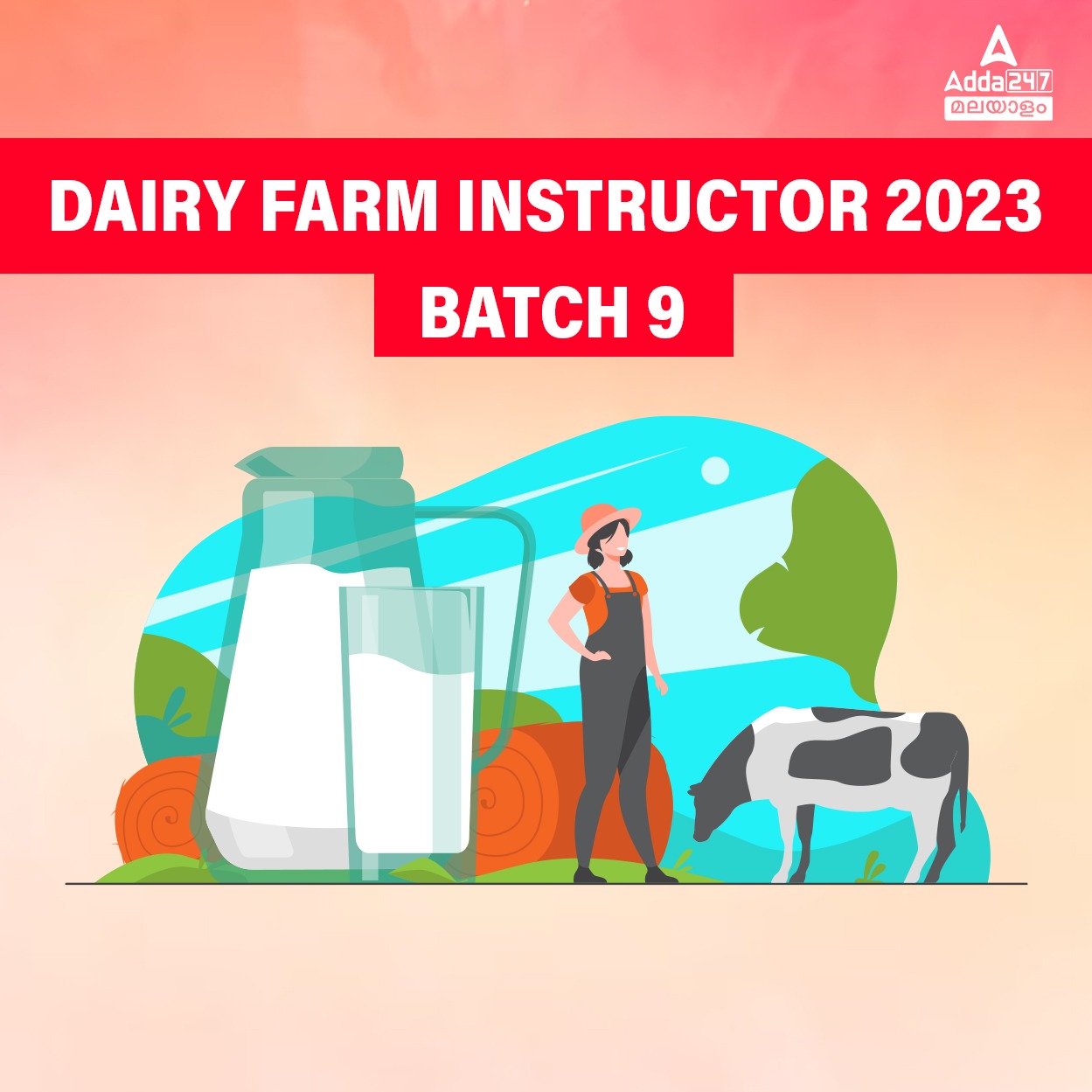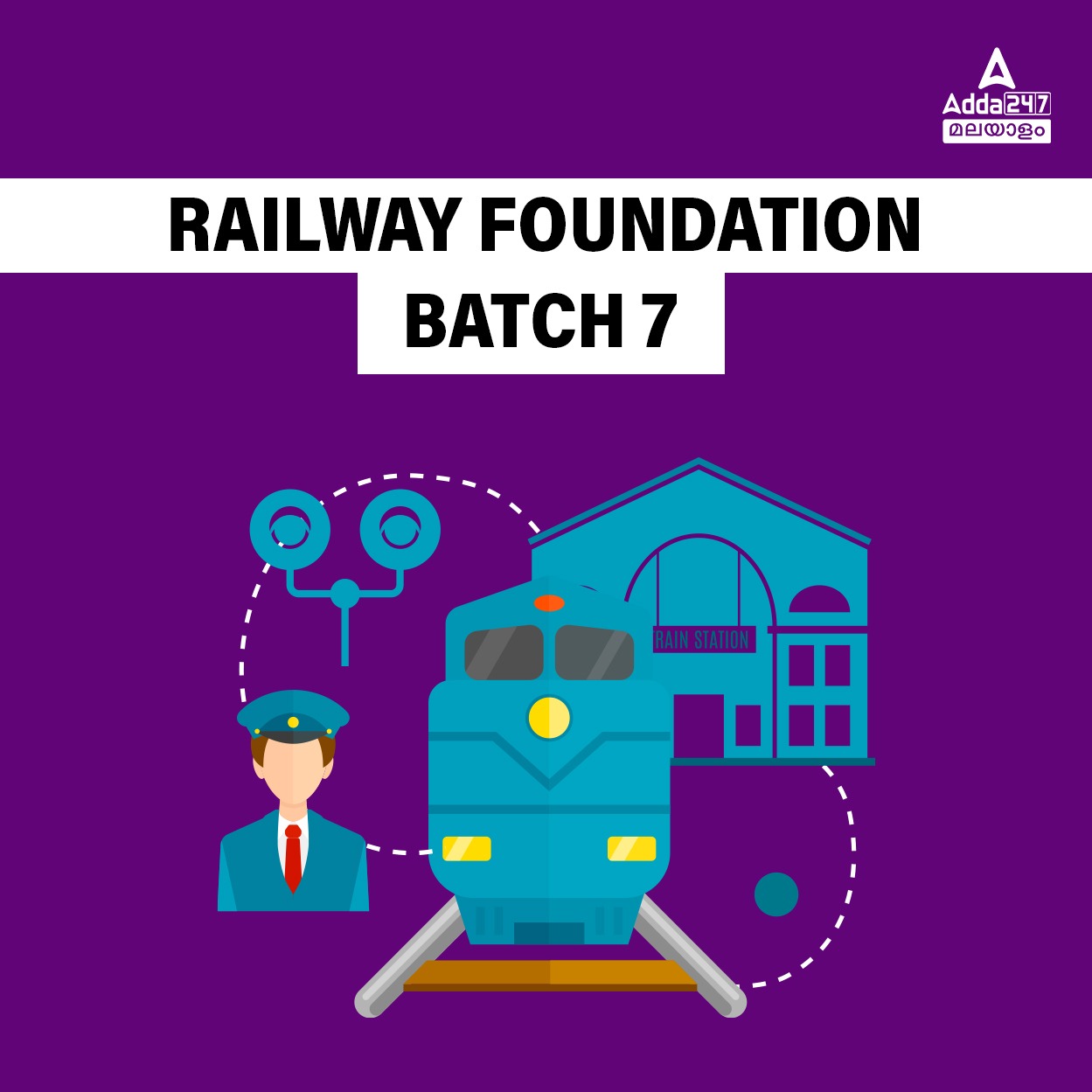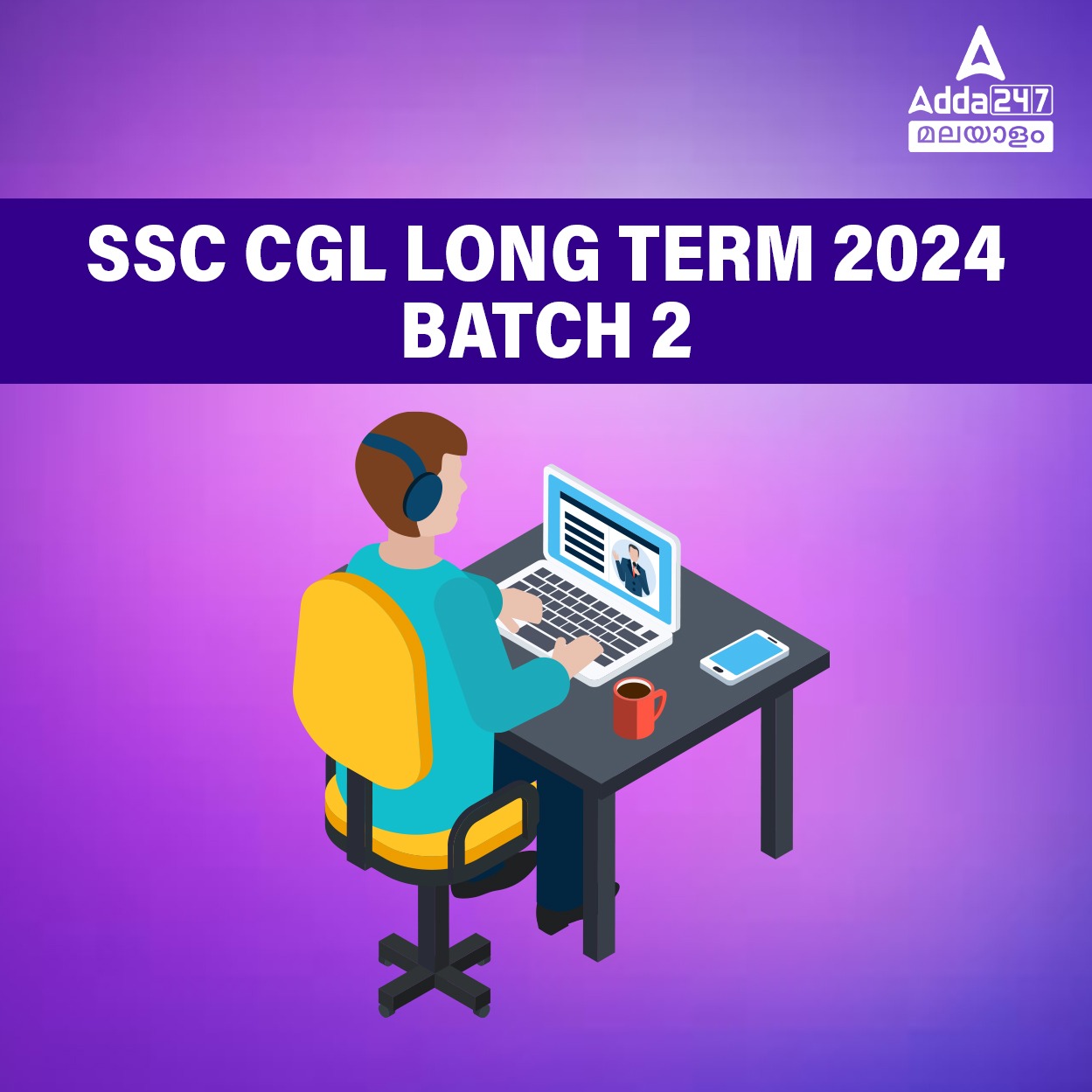Table of Contents
ലെക്ചറർ ഇൻ സോഷ്യൽ സയൻസ് സിലബസ് 2023
ലെക്ചറർ ഇൻ സോഷ്യൽ സയൻസ് സിലബസ് 2023: കേരള പബ്ലിക് സർവീസ് കമ്മീഷൻ ഔദ്യോഗിക വെബ്സൈറ്റായ @www.keralapsc.gov.in ൽ കേരള PSC ലെക്ചറർ ഇൻ സോഷ്യൽ സയൻസ് സിലബസ് പ്രസിദ്ധീകരിച്ചു. പരീക്ഷയ്ക്കുള്ള തയ്യാറെടുപ്പുകൾ ആരംഭിക്കാൻ സമയമായി. പരീക്ഷയിൽ വിജയിക്കുന്നതിന്, സിലബസിനെക്കുറിച്ച് വ്യക്തമായ ധാരണ ഉണ്ടായിരിക്കണം, അതിനാൽ കേരള PSC ലെക്ചറർ ഇൻ സോഷ്യൽ സയൻസ് സിലബസ് വിശദമായി വായിച്ച് മനസിലാക്കുക. ചുവടെ നൽകിയിരിക്കുന്നു ലിങ്ക് ഉപയോഗിച്ച് നിങ്ങൾക്ക് KPSC ലെക്ചറർ ഇൻ സോഷ്യൽ സയൻസ് സിലബസ് PDF രൂപത്തിൽ ഡൗൺലോഡ് ചെയ്യാവുന്നതാണ്.
കേരള PSC ലെക്ചറർ ഇൻ സോഷ്യൽ സയൻസ് സിലബസ് 2023: അവലോകനം
ചുവടെ നൽകിയിരിക്കുന്ന പട്ടികയിൽ ലെക്ചറർ ഇൻ സോഷ്യൽ സയൻസ് സിലബസ് 2023 സംബന്ധമായ എല്ലാ പ്രധാനപ്പെട്ട വിവരങ്ങളും ലഭിക്കും.
| കേരള PSC ലെക്ചറർ ഇൻ സോഷ്യൽ സയൻസ് സിലബസ് 2023 | |
| ഓർഗനൈസേഷൻ | കേരള പബ്ലിക് സർവീസ് കമ്മീഷൻ |
| കാറ്റഗറി | പരീക്ഷ സിലബസ് |
| വകുപ്പ് | കേരള പൊതുവിദ്യാഭ്യാസം (ഡയറ്റ്) |
| തസ്തികയുടെ പേര് | ലെക്ചറർ ഇൻ സോഷ്യൽ സയൻസ് |
| കാറ്റഗറി നമ്പർ | 374/2022 |
| പരീക്ഷാ മോഡ് | വിവരണാത്മക QCAB മോഡൽ |
| ചോദ്യങ്ങളുടെ മാധ്യമം | ഇംഗ്ലീഷ് |
| മാർക്ക് | 100 |
| പരീക്ഷയുടെ സമയപരിധി | 2 മണിക്കൂർ |
| ഔദ്യോഗിക വെബ്സൈറ്റ് | www.keralapsc.gov.in |
Fill out the Form and Get all The Latest Job Alerts – Click here
ലെക്ചറർ ഇൻ സോഷ്യൽ സയൻസ് പരീക്ഷാ പാറ്റേൺ 2023
ലെക്ചറർ ഇൻ സോഷ്യൽ സയൻസ് തസ്തികയുടെ പരീക്ഷാ പാറ്റേൺ ചുവടെ ചേർക്കുന്നു.
| ലെക്ചറർ ഇൻ സോഷ്യൽ സയൻസ് പരീക്ഷാ പാറ്റേൺ 2023 | |||
| പാർട്ട് | മൊഡ്യൂൾ | വിഷയം | മാർക്ക് |
| പാർട്ട് 1 | മൊഡ്യൂൾ I | Community Engagement – Resources & Practices | 10 മാർക്ക് |
| മൊഡ്യൂൾ II | Syllabus for General Subject – ICT in Education | 10 മാർക്ക് | |
| മൊഡ്യൂൾ III | PERSPECTIVES OF EDUCATION | 10 മാർക്ക് | |
| മൊഡ്യൂൾ IV | Teaching aptitude | 10 മാർക്ക് | |
| മൊഡ്യൂൾ V | Research Aptitude | 10 മാർക്ക് | |
| പാർട്ട് 2 | മൊഡ്യൂൾ I | Psychological considerations of Social Science instruction | 6 മാർക്ക് |
| മൊഡ്യൂൾ II | CURRICULUM DESIGN AND DEVELOPMENT IN SOCIAL SCIENCE EDUCATION | 8 മാർക്ക് | |
| മൊഡ്യൂൾ III | INSTRUCTIONAL METHODS AND TECHENIQUES IN SOCIAL SCIENCE | 8 മാർക്ക് | |
| മൊഡ്യൂൾ IV | SOCIAL SCIENCE TEACHER EDUCATOR | 6 മാർക്ക് | |
| മൊഡ്യൂൾ V | DIGITAL MEDIA AND TECHNOLOGY INTEGRATION IN SOCIAL SCIENCE | 8 മാർക്ക് | |
| മൊഡ്യൂൾ VI | ASSESSMENT IN SOCIAL SCIENCE EDUCATION | 6 മാർക്ക് | |
| മൊഡ്യൂൾ VII | RESEARCH PERSPECTIVE IN SOCIAL SCIENCE EDUCATION | 8 മാർക്ക് | |
| ആകെ | 100 മാർക്ക് | ||
കേരള PSC ലെക്ചറർ ഇൻ സോഷ്യൽ സയൻസ് സിലബസ് PDF ഡൗൺലോഡ്
കേരള PSC ലെക്ചറർ ഇൻ സോഷ്യൽ സയൻസ് സിലബസ് PDF ഡൗൺലോഡ് ചെയ്യാൻ, ചുവടെ നൽകിയിരിക്കുന്ന ലിങ്കിൽ ക്ലിക്ക് ചെയ്യുക.
കേരള PSC ലെക്ചറർ ഇൻ സോഷ്യൽ സയൻസ് സിലബസ് PDF ഡൗൺലോഡ്
ലെക്ചറർ ഇൻ സോഷ്യൽ സയൻസ് സിലബസ് 2023
ലെക്ചറർ ഇൻ സോഷ്യൽ സയൻസ് തസ്തികയുടെ വിശദമായ സിലബസ് ചുവടെ ചേർക്കുന്നു.
PART I – General Subject (50 Marks)
Module 1 : Community Engagement – Resources & Practices [Total: 10 Marks]
Unit 1: Community Resources
- Resources that enhance or facilitate the lives of people in a community – examples of community resources are factories, educational institutions, cinema halls, libraries, religious places, hospitals, community centers, parks, etc – make use of these resources in education as it develops a sense of value and belonging among students.
Unit 2: Community Engagement
- Community Engagement in Education – and symbiotic relationship that exists between communities and Education Institutions – sustainable networks, partnerships, communication media, and activities – Linking formal learning and the local community
Unit 3: Forms of community engagement
- Community-student engagement -Researching with the community, sharing knowledge with the community, Designing new curriculum and courses, Involving local practitioners as trainers, Social Innovation by students and the like
Unit 4: Practices for Community engagement
- Engagement practices and activities – formal or informal – include building relationships through collaboration initiatives, community campaigns, Community Survey, Community services, Excursions, cooperatives, small businesses, consultation meetings & conferences, sports events, cultural events, community development and community research projects.
Unit 5: Rural Community Development
- Social, economic, political and cultural framework of the rural society – Rural Resilience – Rural Institutions Close to Community, Participatory Learning – Approaches and Methods, Community Project Proposals and Project Management, Community living camps, Engagement with – School, Street Committee, Health Centre, Panchayat, SHGs – Programmes
Module II : Syllabus for General Subject – ICT in Education
Total: 10 Marks
Unit 1: Potentials of ICT in Education
- ICT as a means to connect with the world – Pedagogy and ICT – Potentials and Advantages of Approaches to ICT
Unit 2: ICT integration in Curriculum transaction
- Computer based Curricular planning- ICT Based Model of Curriculum Transaction – Considerations for integrating ICT – Innovations in Curriculum Transaction
Unit 3: ICT and Internet Resources for Teaching and Learning
- Resources – Access and Creation, resource mobilization – Web-based learning, Social Networking –Virtual learning Environment – Designing e-initiatives
Unit 4: ICT in Classrooms
- Creating Personal learning environments – ICT integrated Inclusive education – Assistive and Adaptive technologies
Unit 5: ICT for Assessment and Evaluation
- Purposes and Techniques of Evaluation, Scope of ICT for evaluation- Innovative Practices in Assessment & Evaluation
Module 3 : PERSPECTIVES OF EDUCATION (10 Marks)
PHILOSOPHICAL PSYCHOLOGICAL AND SOCIOLOGICAL PERSPECTIVES OF EDUCATION
- Philosophical perspectives of Education Role of education in philosophizing the issues of life –Metaphysics, Epistemology, Logic, Phenomenology, Aesthetics and Axiology. Critical appraisal of schools of philosophy in the context of Twenty First Century – aims, content, methods and ongoing changes. Focus of education in the 21st century. Building perspectives on educational philosophies, Modern schools of Philosophy-Empiricism, Positivism, Relativism.- Post -structuralist views and eclectic views. Comparative study of philosophies and educational contributions of Indian and western thinkers Psychological perspectives of education Learning and development- Learner Characteristics and Learning styles with special reference to
pre- primary, primary, secondary, higher secondary and adult learners Learning in twenty first century classrooms., Characteristics And types, Development – language development, emotional, moral, motor and identity development. Cognitive Functions-Thinking, Reasoning, Problem Solving and Meta-cognition, Personality- types characteristics and development Intelligence-different types~ Multiple, Cultural, social and emotional, impact on learners. Mental Health-, Factors affecting Mental Health (parents, family environment, society, school practices) – Strategies for enhancing Mental health Sociological perspectives of education
Education for social security, wellness and progress, sustenance and transformation in society. Determinants of social change in the context of globalization.-Constraints on social change in India with respect to caste, ethnicity, class, language, religion, gender, regionalism, political interest Education and Secularism – Role of teacher in inculcating democracy and international values.- Pluralism – Role of education in creating unity in diversity- Nationalism and education.-Role of Education in addressing cultural lag, privatization, globalization and partnership in social progress – Current trends in social development and transformation of values in society.
Module 4 : Teaching aptitude (10 Marks)
Teaching aptitude.
- Teaching -characteristics, levels, phases and maxims
- teaching methods, techniques and strategies
- modern trends in professional development and ethics
- technology integration in education
- Research, evaluation and innovations in classroom teaching, –
Module 5 : Research Aptitude (10 Marks)
• Research Meaning, Characteristics and Types
• Steps to Research
• Methods of Research
• Aims of Educational Research
• Research Ethics
• Research paper, Article, Workshop, Seminar, Conference and Symposium
• Thesis writings – its characteristics and Format
Part II
Module I
- Psychological considerations of Social Science instruction- Comparison between behaviorist, cognitivist and constructivist theories. Humanistic theories (Carl Rogers and Abraham Maslow) – Learning Social Science in Inclusive Classrooms-Modular Approach; procedure and possibilities in the development of a Module- Social Learning Theory- (Chomsky, Bandura, Rotter) Models of Teaching – Mastery Learning Model, Creative Learning Model (Treffinger), Group Investigation Model, Social Inquiry Model, Concept Attainment Model,
Jurisprudential Inquiry Model ,Advance Organizer Model. (Marks-6)
Module II
CURRICULUM DESIGN AND DEVELOPMENT IN SOCIAL SCIENCE EDUCATION
- Pedagogical considerations of Social Science – fusion, integration and correlation approach in Social Science
Nature of curriculum- changing curriculum patterns – Different approaches-unified, interdisciplinary, integrated, correlated, co-originate, discipline-wise – Patterns of curriculum designs- Curriculum planning: stages and strategies- Curriculum organization – organization of the social science course – sequence in the social science curriculum – Assisting students in Skill Development.- Curriculum Integration through values. Curriculum evaluation- Need, nature and aspects of curriculum evaluation. Global trends in designing social science curriculum-Community Education, service learning, social justice. NCF-2005, NEP-2020 . (Marks-8)
Module III
INSTRUCTIONAL METHODS AND TECHENIQUES IN SOCIAL SCIENCE
- Lecture method, Discussion Method, Problem solving Method, Project method, Discovery method, Inductive and Deductive method, Source method, Socialized Recitation, supervised study, Co-operative Learning- Brain based learningConstructivist learning—Multiple intelligence-graphic organizers-Experiential learningconcept mapping-guided discovery. (Marks-8)
MODULE IV:
SOCIAL SCIENCE TEACHER EDUCATOR
- Reflective Teaching: Concepts and strategies for making Social Science Teachers as reflective practitioners. Teacher Educator: Skills and Competencies – Roles and Responsibilities – Understanding the Learner -. Professional Development of Social Science Teacher Educators: – Professional Ethics. Teacher Educator as Curriculum Designer, and Researcher. . (Marks-6)
MODULE V:
DIGITAL MEDIA AND TECHNOLOGY INTEGRATION IN SOCIAL SCIENCE
- Inter relationship between technology, pedagogy and content – Techno Pedagogic Content Knowledge (TPCK) – Individualized Instruction – Multimedia integration – Virtual Learning AudioVideo Laboratory; Concept of Social Science Laboratory – Radio – Television and satellite communication system – Integration of ICT in learning and teaching Social Science – Designing E -lessons for Social Science education – On-line
Learning, E-Learning, M- Learning – Open and Distance Learning (ODL). Instructional resources – text book, work book, hand book, source book. Resource Mapping- Media, Library, Laboratory, Museum, Archieves. Internet- Global Discussion Platform – Webogogy of Social Science. Social Science Teacher Educator as a TechnoPedagogue. . (Marks-8)
MODULE VI
ASSESSMENT IN SOCIAL SCIENCE EDUCATION
- Concept of Educational Assessment – Quantitative and Qualitative Assessment – Assessment of learning outcome in Social Science –Continuous and Comprehensive Evaluation (CCE) – Class room Assessment Techniques (CATs), Port folios, Rubrics, Self reflection, Peer evaluation.-Achievement test And Diagnostic Test –Construction and Standardization, Grading – principles of grading, – Assessing student
performance:-. Examination as a feedback mechanism- open book examination, on-line tests. Typology of questions as related to different subject areas viz History, Geography, Political Science, Economics ,sociology etc– (Marks-6)
MODULE VII
RESEARCH PERSPECTIVE IN SOCIAL SCIENCE EDUCATION
- Research in Social Science Education – Need and significance – Teacher as a Researcher, knowledge worker and a social activist – Areas of research in social science education – Application of research findings in solving social issues Social science Research-methods-techniques- Tools &-statistics. (Marks-8)
| RELATED ARTICLES |
| കേരള PSC ലെക്ചറർ ഇൻ സോഷ്യൽ സയൻസ് പരീക്ഷാ തീയതി 2023 |

